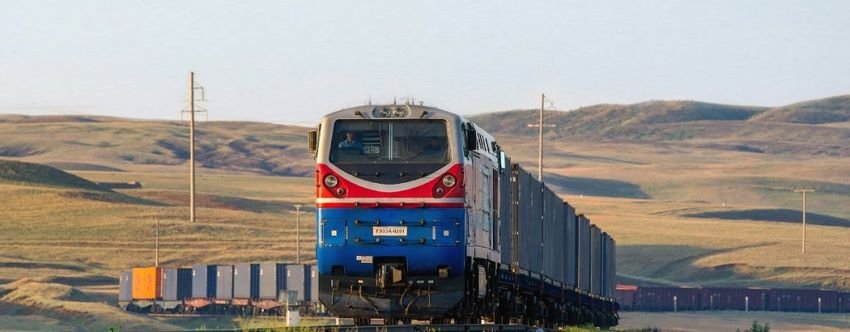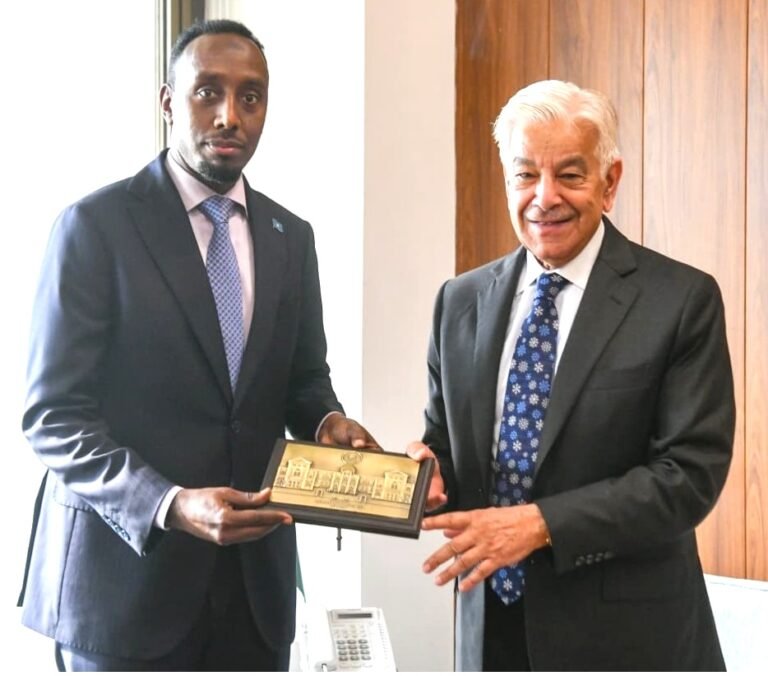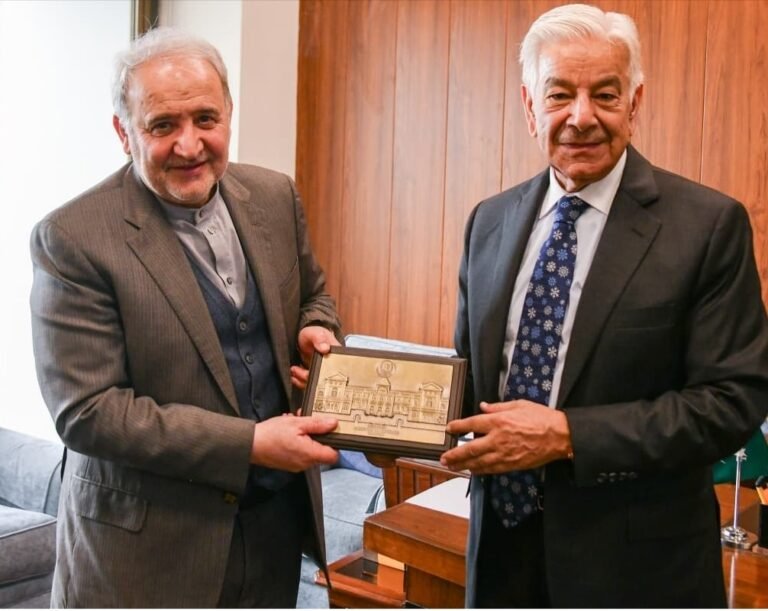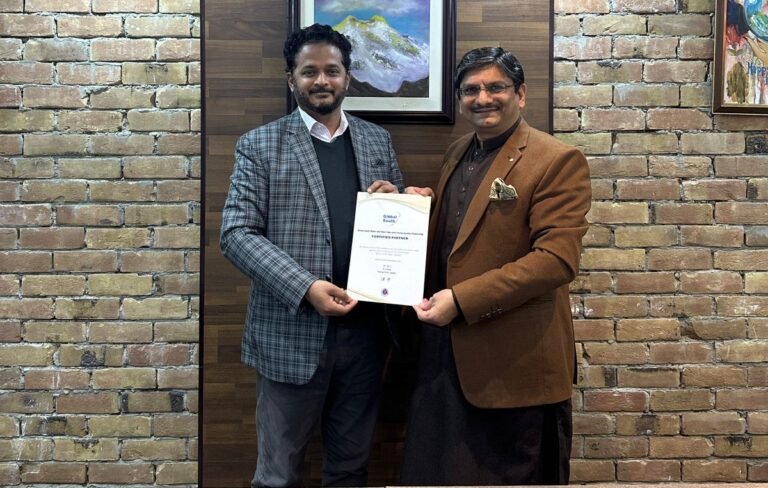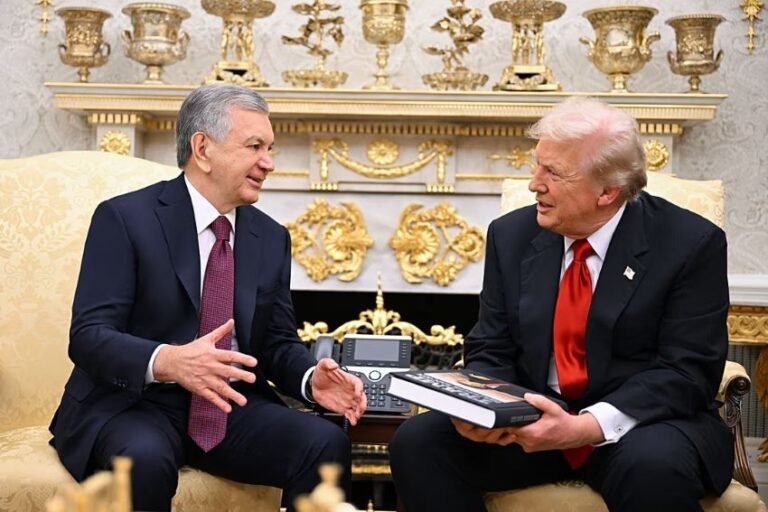Astana (TDI): Kazakhstan is becoming one of the most critical overland routes for trade between China and Europe, a role officials say is only expected to grow.
Speaking at a business council meeting in Astana this week, Kazakhstan’s Deputy Prime Minister Serik Zhumangarin said trade between China and Central Asia hit $95 billion in 2024, with Kazakhstan alone accounting for nearly $44 billion of that.
That figure is the highest ever recorded between the two countries. “We see this as just the beginning,” Zhumangarin said, adding that both sides aim to double trade volume in the next few years.
More than 80% of overland cargo from China to Europe now passes through Kazakhstan, making the country a vital artery for east-west trade.
A large part of that traffic is moving through the Trans-Caspian International Transport Route, better known as the Middle Corridor. This route runs through Central Asia and bypasses Russian territory, something that’s become more relevant given the current geopolitical climate.
Read More: Kazakhstan Begins 2025 Year of China Tourism
Cargo along this route jumped by 60% in 2024, hitting 4.5 million tons. That figure could reach 10 million tons by 2030, according to projections.
Kazakhstan’s railway operator, Kazakhstan Temir Zholy, reported that railway freight between the two countries reached 14.2 million tons in just the first five months of 2025. That’s up 11% from the same period last year.
On June 10, the two countries launched a new container terminal in Almaty, the Zhetysu terminal. It’s meant to become a central hub for handling and forwarding goods transported by both rail and road. Officials say the terminal will help consolidate shipments and make the Middle Corridor more efficient.
Read More: Railway Transport Between Kazakhstan and China Continues to Grow
Trade isn’t just about railcars and containers anymore. Zhumangarin also pointed to digital commerce as an increasingly important part of Kazakhstan’s trade strategy.
The country now has official pavilions on top Chinese platforms like Alibaba and JD.com, giving Kazakh producers more access to Chinese buyers.
He also confirmed Kazakhstan’s interest in joining a Silk Road e-commerce pilot zone, a Chinese-led effort to simplify online trade and digital logistics across participating countries.
Farkhund Yousafzai is an Associate Editor at The Diplomatic Insight.
- Farkhund Yousafzai
- Farkhund Yousafzai
- Farkhund Yousafzai
- Farkhund Yousafzai

